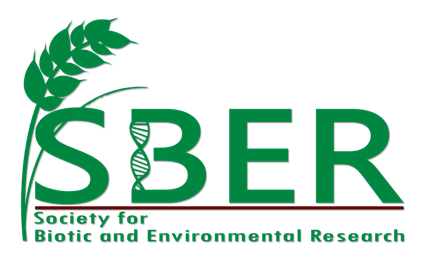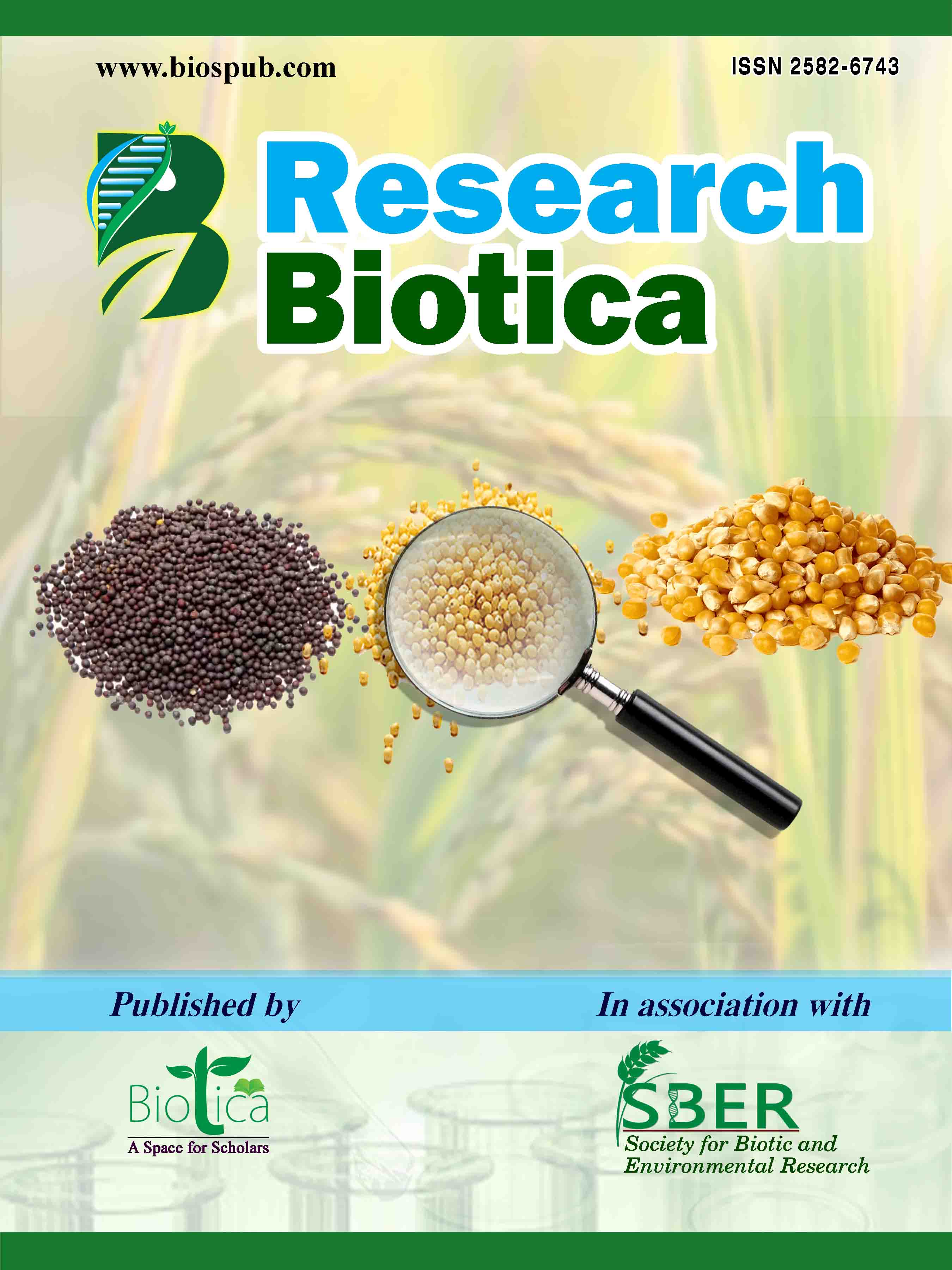Impact of Biofloc Systems on Nutrient Use and Wastewater Management
Keywords:
Biofloc systems, Integrated system, Nutrient Utilisation, Wastewater managementAbstract
The application of Biofloc technology (BFT) provides advantages in the improvement of aquaculture production that could lead to the achievement of the objectives of sustainable growth. With less environmental impact, this technology may result in higher productivity. In addition, biofloc systems can be built and implemented in conjunction with other food production methods, thus encouraging efficient integrated systems aimed at generating more food and feed from the same land area with less input. In order to optimize the system (in relation to operational parameters), still more research is needed, e.g., in relation to nutrient recycling. Furthermore, research findings would need to be communicated to farmers as upgrading of their skills will be needed to incorporate biofloc technology.









 |
|